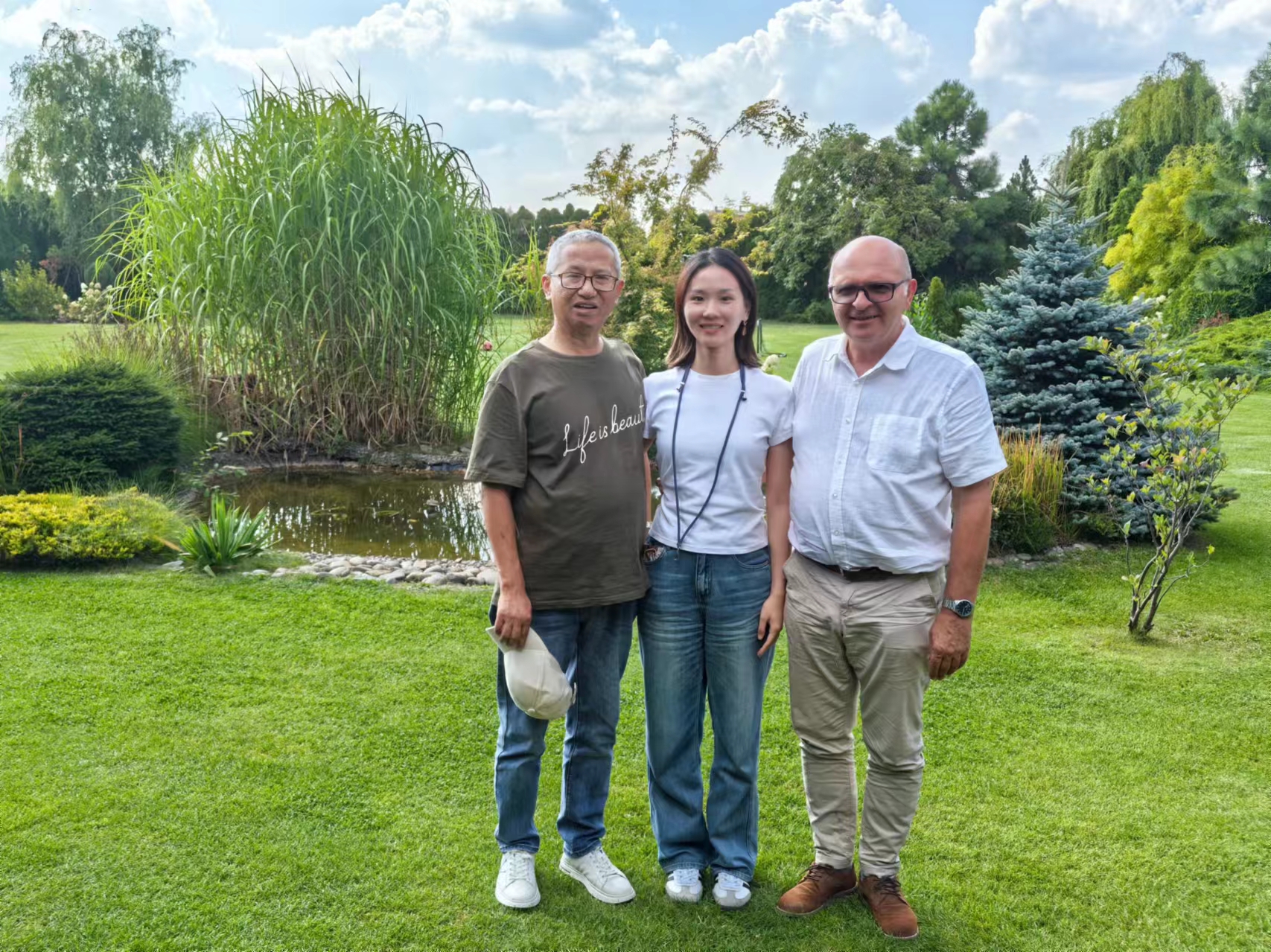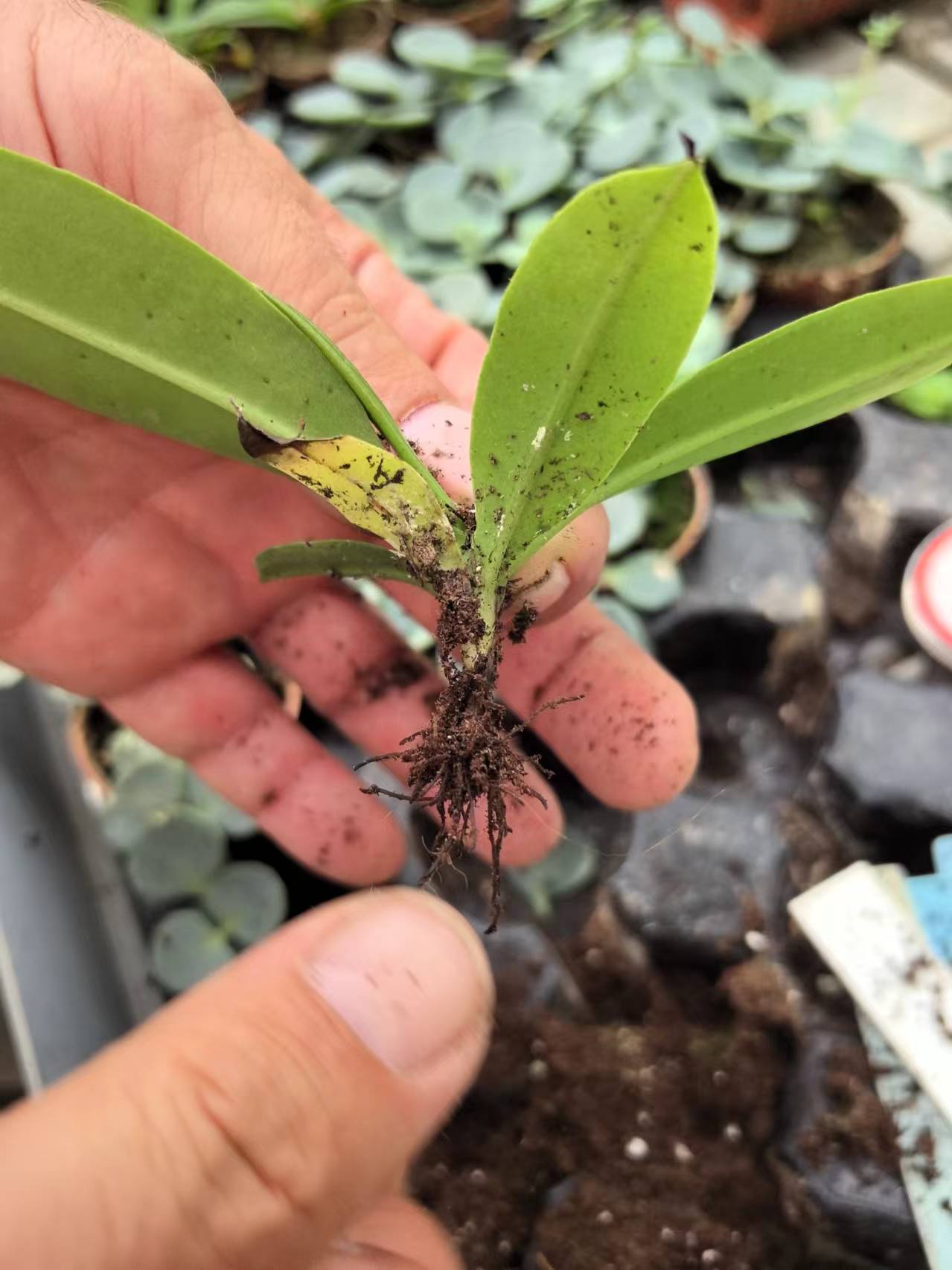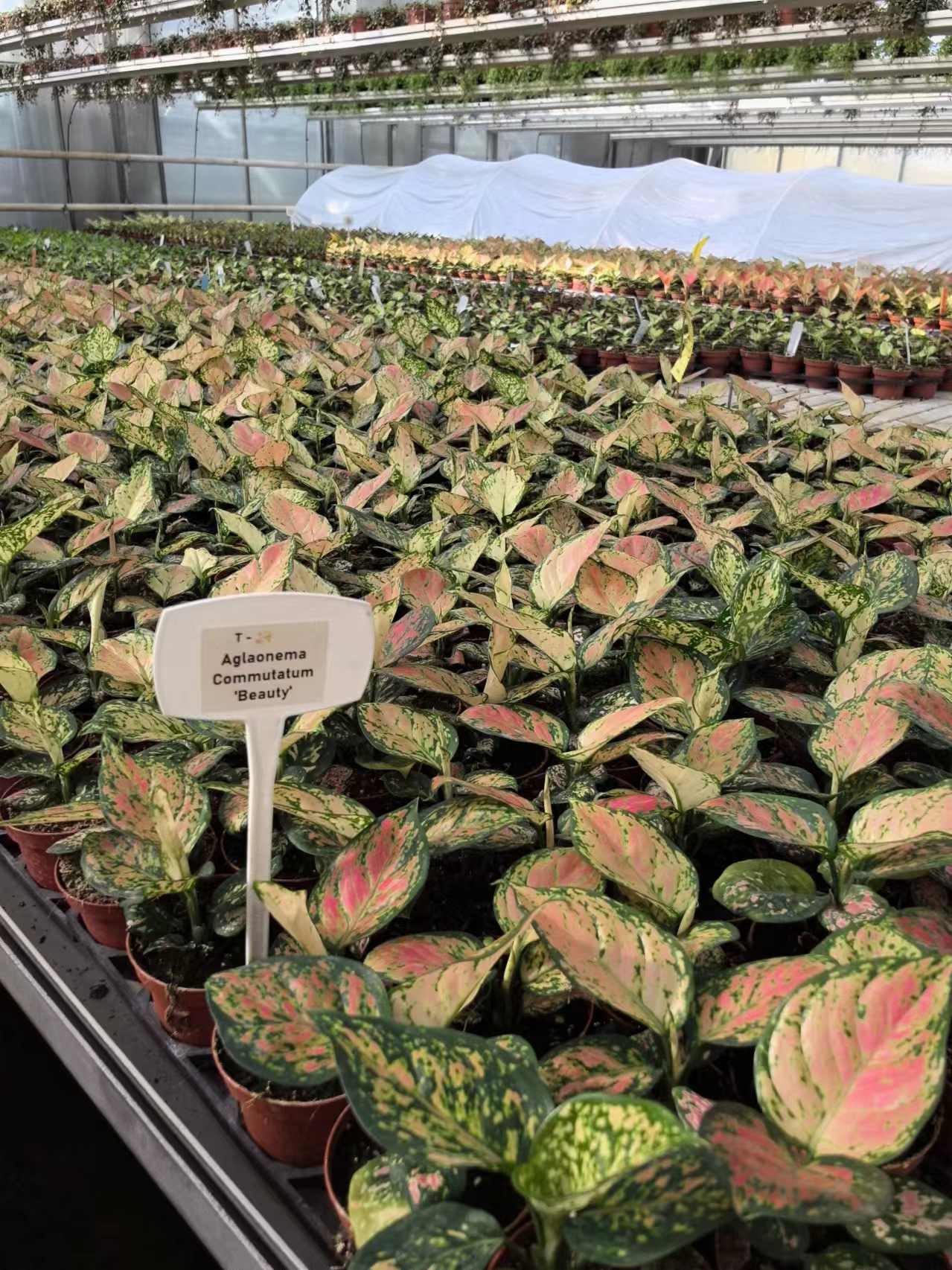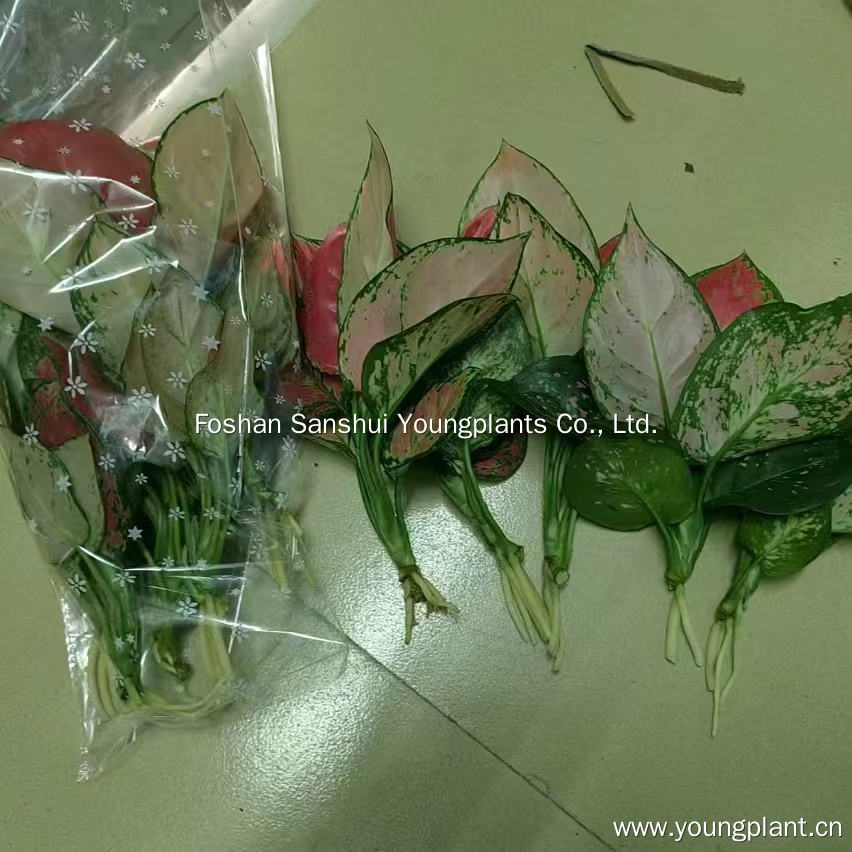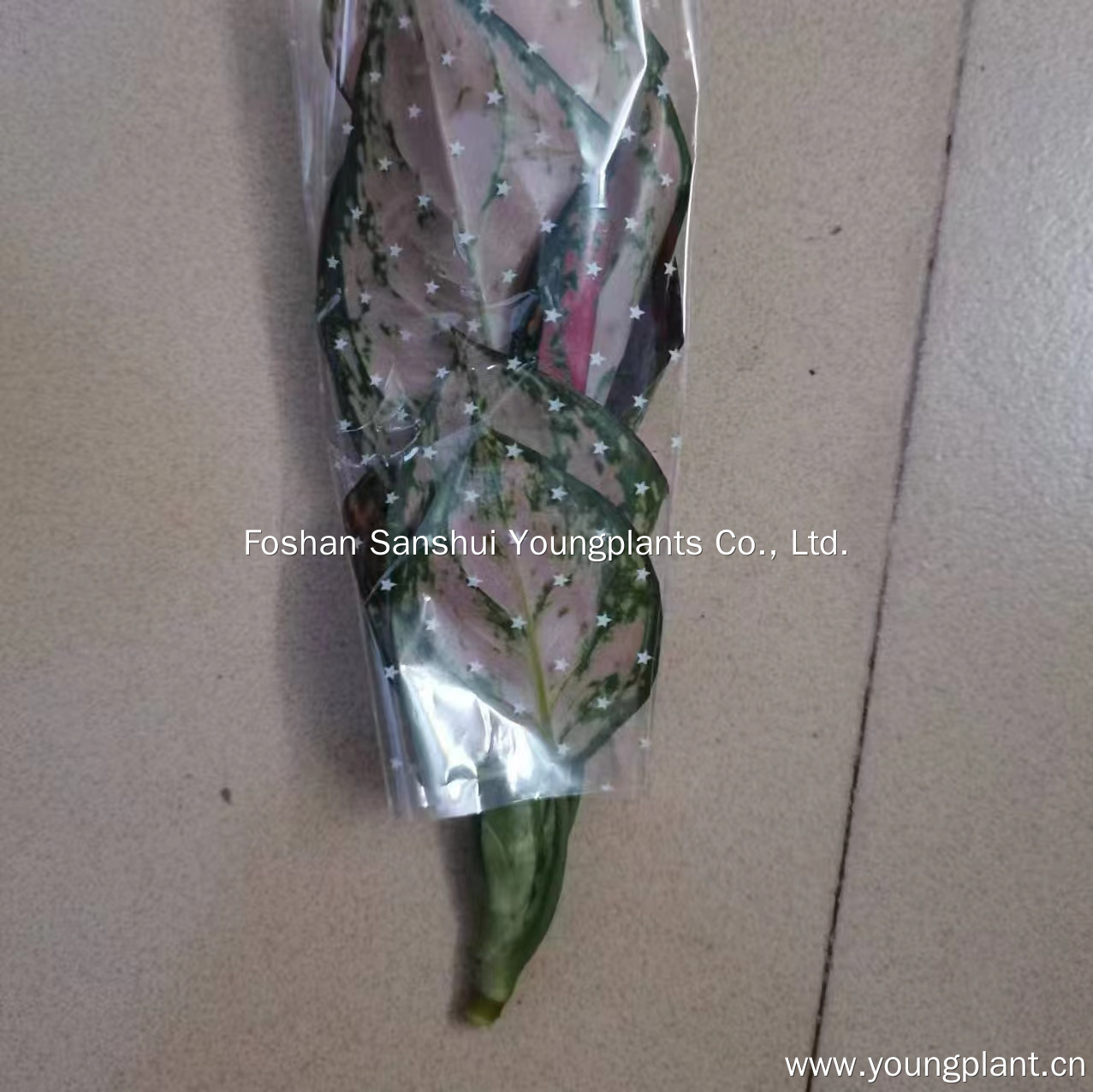From August 15th to 24th, 2024, the Foshan Youngplants team visited customers in three European countries: Poland, Denmark, and the Netherlands. The purpose of the trip was to inspect the growing environments of our customers, observe the growth feedback of our plants on-site, and provide recommendations for improvement. We also aimed to discuss potential areas for deeper collaboration.
Our first customer visit was to a farm located in Łódź, Poland. Established in 1996, the farm now operates three greenhouses covering an area of 20 acres, where is one of the biggest nursery farms in Poland. In recent years, the farm has shifted its focus toward the production of ornamental foliage plants. Their primary strategy is to serve the local Polish market, with some exports to neighboring countries. We have been working with this customer for two years now.
During the visit, we addressed several issues the customer was facing:
1. Diverse Plant Varieties and Pest Risks:
The customer had sourced over a hundred varieties of foliage plants from us. With such a wide range, those varieties like Calathea and Maranta, are susceptible to thrips and spider mites, posing a high risk of infestation. If placed together with other plants, they could threaten the health of the entire greenhouse. Our boss and nurseryman, John, recommended the customer to spray pesticide 2 to 3 times a week continuously for at least 3 to 5 weeks, until the pest is eliminated. We also provided specific instructions and formulations for pesticide application to help them resolve the issue as quickly as possible.
2. Fly Trap or Carnivore Nepenthes Growth Issues:
Nepenthes alata
Nepenthes showed weak and short root systems. John proposed five suggestions for improvement:
👇
• reducing fertilizer concentration
• using sphagnum moss as a substrate
• maintaining relative humidity at 80-90%
• ensuring water pH levels between 5.5 and 6
• keeping the temperature between 18°C and 30°C.
3. Stunted growth of Aglaonema:
Aglaonema Supply
👇
Aglaonema prefers higher temperature to grow in tropical areas, therefore, they grow very slowly in EU areas. The Aglaonema tissue culture plants had taken two years ago from us to reach the current stage of development showing beside. However, since Aglaonema remains popular in the European market, we recommended that the customer consider purchasing our hydroponic potted Aglaonema, which could be a viable solution to accelerate growth and meet market demand.
Aglaonema prefers higher temperature to grow in tropical areas, therefore, they grow very slowly in EU areas. The Aglaonema tissue culture plants had taken two years ago from us to reach the current stage of development showing below. However, since Aglaonema remains popular in the European market, we recommended that the customer consider purchasing our hydroponic potted Aglaonema, which could be a viable solution to accelerate growth and meet market demand.
This visit provided valuable insights into our customers' challenges and allowed us to offer targeted solutions, reinforcing our commitment to fostering long-term partnerships.













